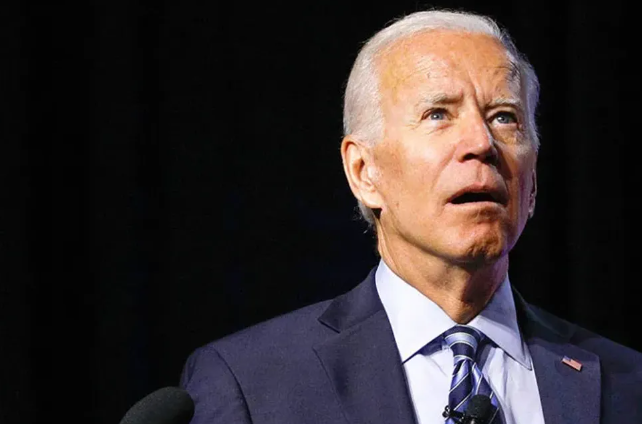#HouseRepublicans #BidenEnergyPolicies #LNGExports #EnergyIndependence #DOESpending #RenewableEnergy #NaturalGas #EnergySecurity
In a marked turn of events, House Republicans are sharpening their focus against President Biden’s energy policies, underlining a commitment to establish a “different vision” come 2025. A recent hearing by the Republican-led House Oversight and Accountability Committee—its 15th review in the last 15 months—critically appraised the trajectory of the Biden administration’s energy blueprint, enveloping key components such as the sourcing of critical minerals, enhancing commercial nuclear power, and subsidies for renewable energies. Critics argue that while the hearing served as a stage for pre-election posturing, it also spotlighted substantive concerns over Department of Energy (DOE) spending and policy priorities, especially regarding liquid natural gas (LNG) export policies and the strategic positioning of the U.S. energy infrastructure.
During the comprehensive two-hour session on May 23, DOE Secretary Jennifer Granholm faced intense scrutiny over a myriad of strategic initiatives—including a “pause” on LNG export permits, intended to reassess the nation’s stance on domestic versus international gas supply dynamics. The administration’s pause has been a focal point of contention, interpreted by some as an effective ‘ban’, despite Granholm’s assurances that it is a temporary measure pending a thorough public interest review. The debate extends to the realm of appliance conservation standards and the strategic restoration of the Petroleum Reserve, amidst broader charges that the DOE may have overreached its statutory mandate.
Granholm’s defense underscored a broader narrative: the United States is on a path to extend its global lead in LNG export capacity. She forecasted record-breaking exports exceeding 12 billion cubic feet per day (Bcfd) by 2023, with projections scaling to 14 Bcfd by 2025. This sharp uptick aligns with a multi-decade construction spree aimed at doubling current export levels, positioning the U.S. as the undisputed global leader in LNG export capacity. This stance, Granholm argues, is not only compliant with the Department’s mandate but essential for maintaining a competitive edge in the global energy market—amidst Republican counterarguments suggesting the pause jeopardizes American jobs, energy security, and the legal bounds of DOE authority.
The broader implications of this policy standoff resonate beyond domestic energy strategy to touch upon America’s broader geopolitical posture, economic vitality, and environmental stewardship. Republicans vow to steer the nation towards a divergent energy future, one that presumably reconciles the imperative of energy independence with the exigencies of economic growth, national security, and environmental sustainability. As hearings continue and electoral cycles loom, the unfolding discourse over America’s energy policy underscores a pivotal arena of national debate, with far-reaching consequences for stakeholders at home and abroad.






Comments are closed.